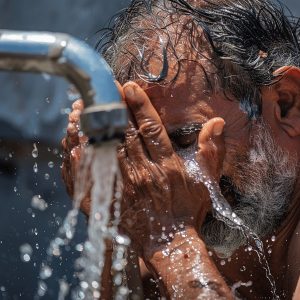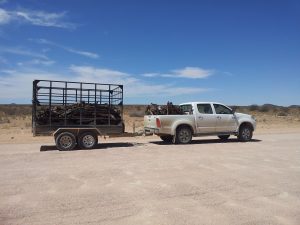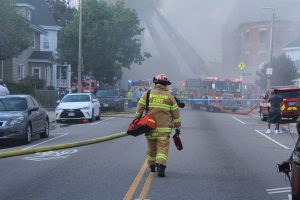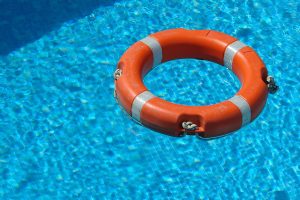National Preparedness Month (NPM) is recognized each September to promote family and community disaster planning now and throughout the year. The initiative, sponsored by the Federal Emergency Management Agency’s Ready Campaign, focuses on emergency preparedness and prevention.
The Ready Campaign’s 2023 National Preparedness Month theme is “Take Control in 1, 2, 3”. The campaign will focus on preparing older adults for disasters, specifically older adults from communities that are disproportionally impacted by all-hazard events, which continue to threaten the nation. Security Specialists understands that older adults can face greater risks when it comes to the multitude of extreme weather events and emergencies we now face, especially if they are living alone, are low-income, have a disability, or live in rural areas. With that in mind, here a few tips and necessary steps to help you be in the best position to survive an unexpected disaster with minimal impact or loss.
National Preparedness Month Disaster Planning Tips
- Plan for the Worst and Hope for the Best – Develop a plan, including a family communication plan, to meet your family’s specific needs
- Keep Informed and Know Where You’re Going – Being aware of hazards you may encounter during a disaster can save the lives of you and your family. Knowing what to do before, during and after an emergency is a critical part of being prepared
- If You’re a Senior:
- Plan how you will have your assistive devices with you during an evacuation.
- Remember to make copies of Medicaid, Medicare, and other insurance cards.
- Don’t forget to think about a transportation plan as part of your overall disaster planning. Always plan ahead of time if you need help evacuating.
- If you have special or specific communications needs, plan how you will communicate beforehand
- Most Importantly, Prepare an Emergency Supply Kit. The kit should be prepared and stored in a designated place known to all family members. Keep Your Emergency Kit Supplied with the Following:
- a minimum three-day supply of food and water for each family member, including infants
- Plan for food, water, and essentials for you and pets or service animals. Research pet-friendly evacuation centers.
- battery powered or hand crank radio
- flashlight with extra batteries
- first aid kit
- cell phone (with chargers, inverter or solar charger)
- any prescriptions/medications/medical supplies
- weather-appropriate blankets, coats and sweaters
- cloth face coverings
- hand sanitizer
- disinfecting wipes
- whistle
- dust masks
- moist wipes
- garbage bags
- wrench or pliers
- manual can opener
- local maps
- It’s also a good idea to keep a secondary disaster planning emergency kit in your car in the event an emergency occurs while you’re traveling as well as an additional kit at your workplace.
- Know how you will be notified of an emergency or disaster in your area (e.g., emergency radio or TV broadcasts, sirens, phone calls, message on your mobile device). Wireless Emergency Alerts are text‐like alert messages received by mobile devices in areas threatened by extreme weather or other emergencies.











